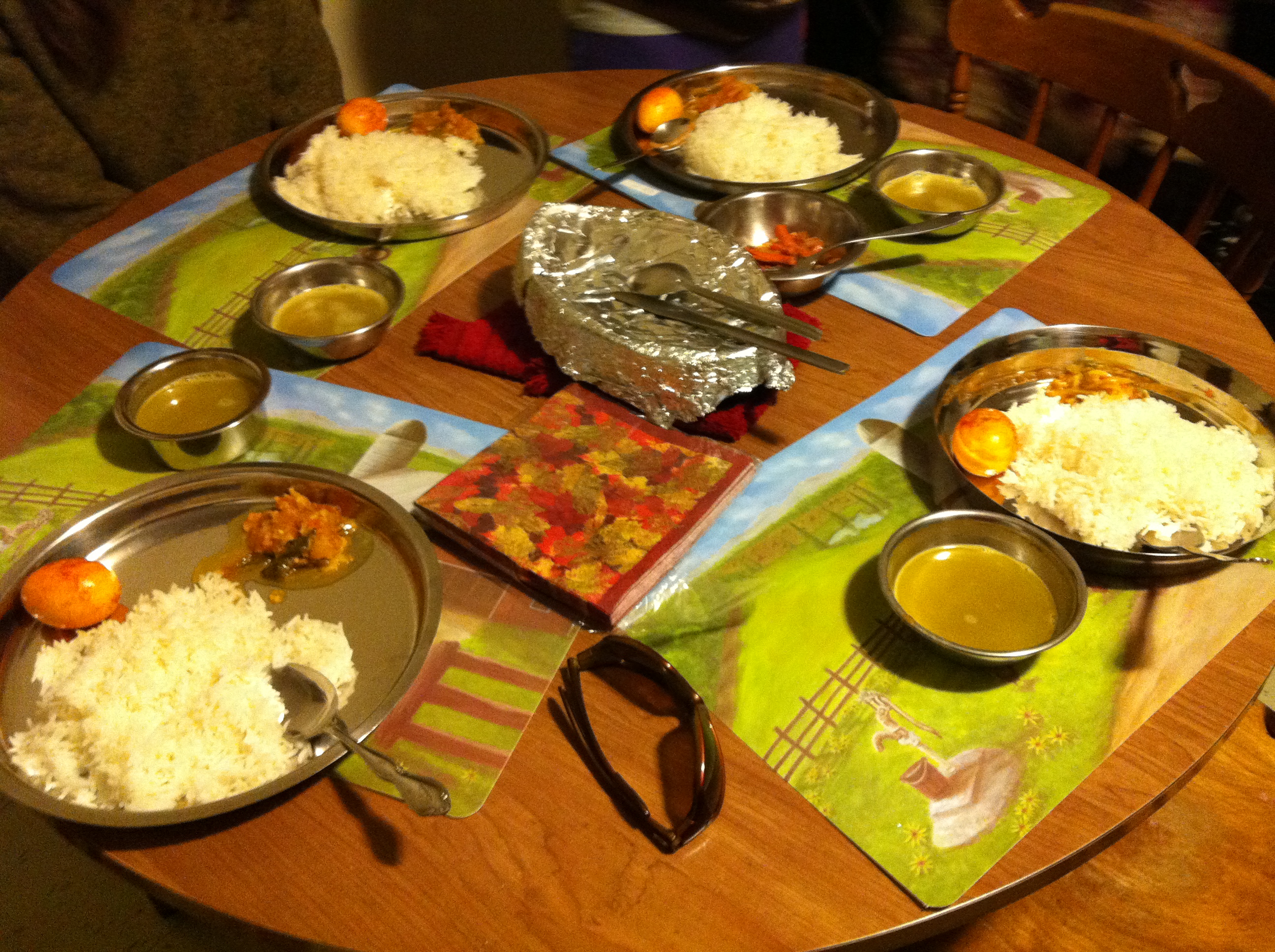This project began as a collaboration with the New Farms for New Americans (NFNA) refugee farming project operated by the Association of Africans Living in Vermont since 2008 and with the Vermont Migrant Education Network which works with many primarily Mexican workers on Vermont’s dairy farms. It is predicated on the idea that the connections between people and place are forged, maintained and contested through multiple cultural practices, including many food related practices (Counihan and Van Esterik 2008). This is particularly true when we think about migration within and across borders, and between and beyond continents in an age of globalization. Whether arriving in a traditional immigrant gateway, being a newcomer in an unfamiliar region, or dreaming of a distant or ancestral homeland from an overseas community, food and drink have often played a major role in maintaining social, cultural and kin ties to other places (Fernández-Armesto 2002). This complex, multifaceted relationship between food and migration has become a topic of increasing interest to scholars intrigued by the role that food has played within the acculturation process ? highlighting, for example, tensions and struggles within communities and individuals as they negotiate hybrid identities (Ray 2004). Others have pointed to other tensions, many of them fruitful, in the food and migration dynamic, including a clash between syncretism and parochialism in the encounter between various migrant groups, available foodstuffs, and competing traditions (Kershen 2002, Diner 2001, Gabaccia 1998, Alibhai-Brown 2008). These processes are an important part of identity construction for communities both old and new and perform a crucial function in narrating stories about difference and familiarity to migrants and established populations alike.
In this project, we look at the question of food and migration in the context of both rural and urban Vermont. In the case of the former, we focus on the situation of foreign-born migrant farmworkers on dairy farms and orchards and their search for familiar flavors and ingredients. We examine in particular the food supply chains that bring desired foodstuffs to workers on isolated farms and the paradox of desiring and purchasing the tastes of Latin America and the Caribbean while living and working in the midst of apparent bounty. In the case of urban Vermont we focus on newly resettled refugees from diverse regions of Africa, Asia and Europe and examine the ways in which newcomers have attempted to adapt new ingredients to familiar recipes or recreated old dishes to create a connection to a distant homeland. For both rural and urban newcomers, we also examine the practice of growing familiar and foreign crops as well as learning local food preservation practices on community and personal plots. The project is based primarily on ethnographic interviews with several migrants and newcomers relating their own experience with the food and migration dynamic.
An early publication from this work can be found here Taste of Home: Migration, Food and Belonging in a Changing Vermont, a collaboration between myself and the Program Manager for NFNA, Alisha Laramee
